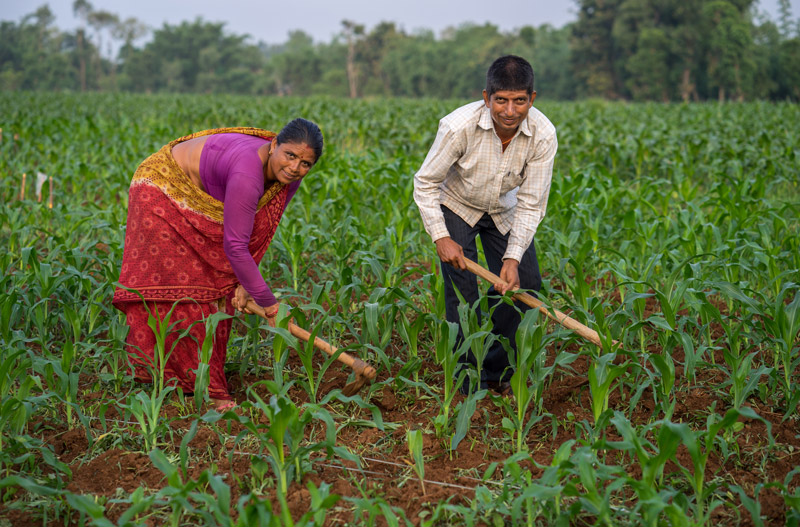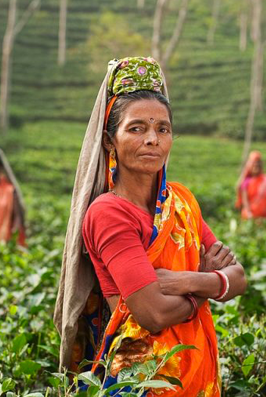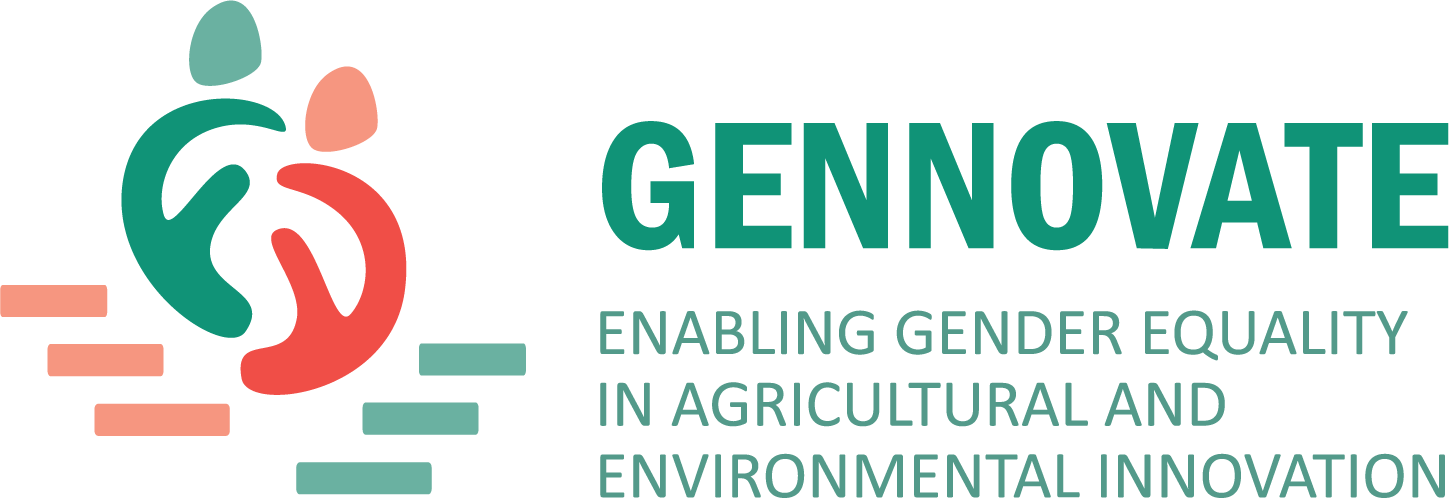
Towards gender equality in agriculture
GENNOVATE is a global comparative research initiative that addresses the question of how gender norms and agency influence men, women, and youth to adopt innovation in agriculture and natural resource management.
Tools
Research reports
Publications
Communities
Participants
Countries
How evolving gender norms and social change impact rural farming villages: Stories from Nepal, Tanzania, and Mexico
Latest news

27 Sep 2018
GENNOVATE Special Issue released
The latest issue of the Journal of Gender, Agriculture and Food Security is dedicated to the GENNOVATE initiative. The papers cover a range of topics, including the field methodology, capacity to innovate, gendered aspirations, agency, and community typologies.

15 oct 2018
Positive deviance and social change
To mark the International Day for Rural Women, Patti Petesch, along with Lone Badstue and Shelley Feldman, discuss how the positive deviance approach applied in GENNOVATE, a global comparative study, can add to our understanding of gender equality in rural villages.
Contact us
For more information, please contact Marlène Elias, CGIAR GENDER Platform Alliances Module leader and Senior Scientist at the Alliance of Bioversity International and CIAT, marlene.elias@cgiar.org


